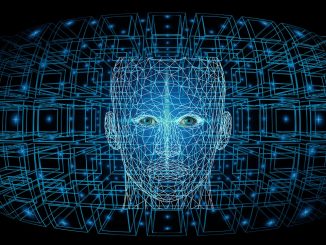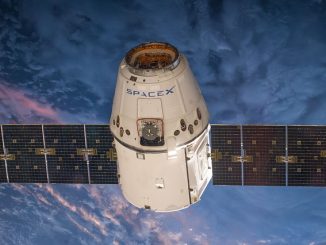Elon Musk says he doesn't trust OpenAI or Sam Altman and he doesn't want the most powerful AI in the world controlled by someone who is not trustworthy pic.twitter.com/M2C35mMzeb
— Tsarathustra (@tsarnick) October 7, 2024
In a recent interview with Tucker Carlson, tech mogul Elon Musk voiced his concerns about OpenAI and its CEO, Sam Altman, highlighting a growing rift in the artificial intelligence (AI) community.
Musk, who co-founded OpenAI in 2015, expressed deep reservations about the company’s current direction and leadership.
Musk’s criticism centered on OpenAI’s departure from its original mission as an open-source, non-profit organization. He pointed out that the company’s name, which he coined, was intended to reflect a commitment to transparency and accessibility. However, Musk lamented that OpenAI has since transformed into a closed-source entity focused on maximizing profits, a shift he finds deeply troubling.
The Tesla and SpaceX CEO didn’t mince words when discussing Sam Altman, OpenAI’s current leader. Musk accused Altman of making false claims and questioned his trustworthiness. He expressed particular concern about recent reports suggesting Altman stands to gain billions in stock, contradicting previous statements about not profiting from the venture.
Musk’s apprehensions extend beyond personal grievances. He emphasized the broader implications of having “the most powerful AI in the world controlled by someone who is not trustworthy.” This statement underscores the critical importance Musk places on ethical leadership in the rapidly advancing field of artificial intelligence.
The interview highlights the complex challenges facing the AI industry, including balancing innovation with ethical considerations and maintaining transparency in an increasingly competitive landscape. As AI continues to evolve and exert greater influence on society, the debate over its control and development is likely to intensify.
Musk’s candid remarks have reignited discussions about the responsibility of AI companies and their leaders, prompting a reevaluation of the industry’s trajectory and the potential consequences of concentrated power in AI development.
- Bulenox: Get 45% to 91% OFF ... Use Discount Code: UNO
- Risk Our Money Not Yours | Get 50% to 90% OFF ... Use Discount Code: MMBVBKSM
Disclaimer: This page contains affiliate links. If you choose to make a purchase after clicking a link, we may receive a commission at no additional cost to you. Thank you for your support!





Leave a Reply